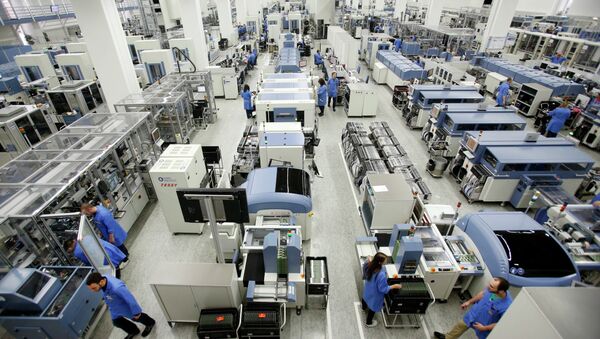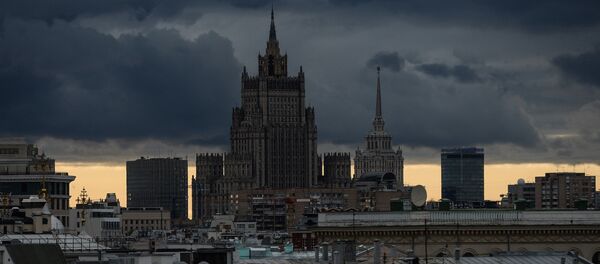According to Mukhin, Siemens doesn't want to leave the Russian market, as the niche can be easily occupied by someone else.
"Siemens has been making harsh statements in different directions, trying to soften the blows from all sides. […] In my opinion, it doesn't want to lose the Russian market. This is a very important market for the company and here, I'm afraid, it could be replaced by US firms. They would shamelessly occupy the new niche which the Europeans could leave amid sanctions," Mukhin stated.
The expert also noted that Russian and US companies are discussing possible cooperation in the area.
"They [the US] already cooperate with us. The paradox is that in some unimaginable way the American Themis's punishment for the US companies cooperating with the ‘aggressive' Russia is not very tough," he said.
In early July, Siemens created a task force team to investigate reports about the alleged transfer of turbines produced by Siemens Gas Turbines Technologies, a joint venture with the Russian Power Machines company, to the Crimean peninsula.
On Friday, the company said that all four of its turbines intended for a project in Taman were illegally delivered to Crimea in an alleged violation of sanctions.
The Russian Foreign Ministry also stated that Moscow considers the EU responsible for the "unfriendly and unjustified" decision of the sanctions' extension and added that the Russian government reserves the right to respond.
On July 11, Russian Industry and Trade Minister Denis Manturov said that the new power plants in Crimea would be equipped with turbines manufactured in Russia and not with ones imported from the West. Commenting on the situation, Kremlin spokesman Dmitry Peskov said that all products used in Crimea made in Russia.
Commenting on the issue, Russia's Technopromexport company, which is part of Rostec, said it purchased turbines for Crimean power plants in the secondary market, with Russian engineering companies modernizing them.
Earlier, Siemens decided to annul a power plant equipment supply license agreement and suspend power equipment supplies to Russian state firms to devise new control measures, while Berlin promised a corresponding response to the alleged violation of the agreements.




